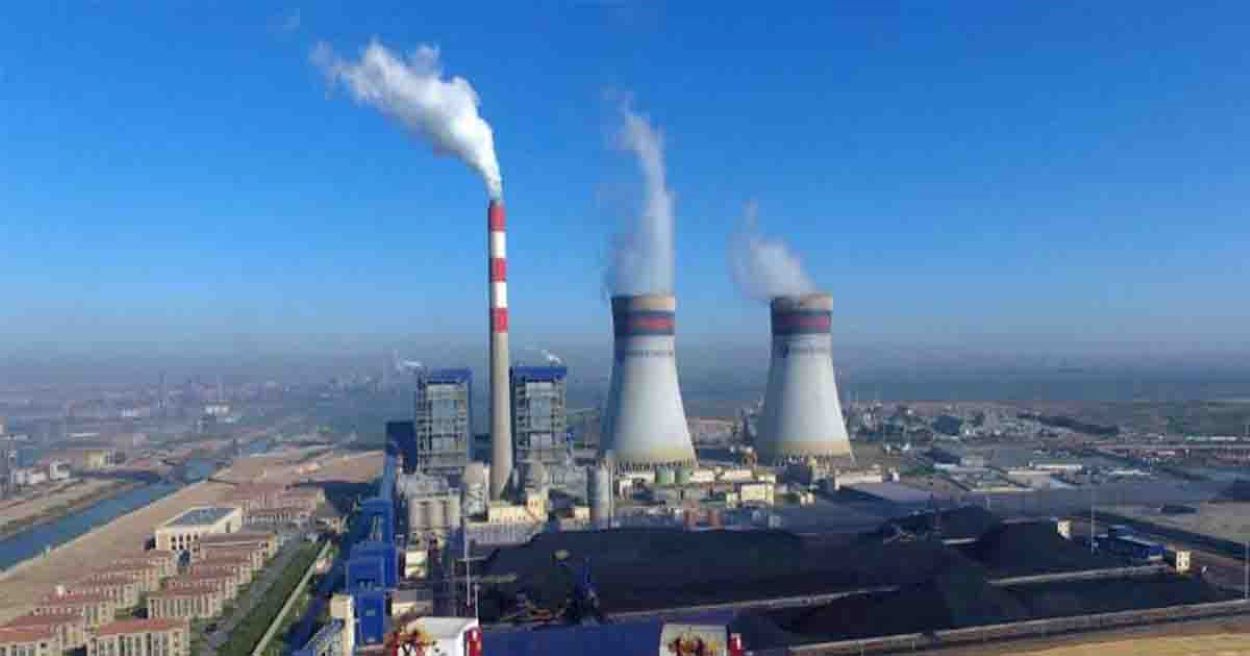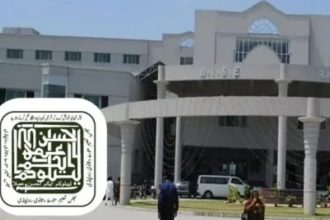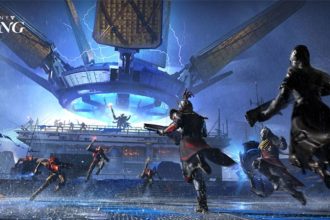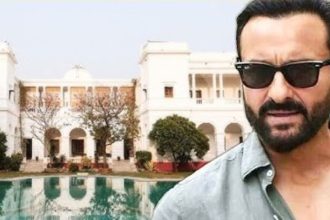Across the nation, citizens are expressing mounting frustration over their electricity bills, sparking intense discussions about government payments to Independent Power Producers (IPPs). There’s growing curiosity about these IPPs’ ownership and the financial transactions involved in electricity production.
In the Capital Talk program on Geo News, senior journalist Hamid Mir shared in-depth insights into the ownership and financial dealings of IPPs. Mir disclosed that 52% of IPPs are government-owned, while the remaining 48% are in private hands. Pakistan hosts a total of 100 IPPs, with 51 being owned by various groups and corporations.
Mir further highlighted that 7 IPPs are owned by notable political figures, and 18 are managed by international firms from Norway, Singapore, China, and other countries. Business magnate Mian Mansha, for instance, controls 4 IPPs that collectively received 4 billion rupees from the government in capacity payments.
The report also underscored that Roshan Pakistan Power Limited, owned by Abdul Razak Dawood—a prominent industrialist and the Prime Minister’s advisor on trade and investment—generated 4% of the country’s electricity last year and was compensated with 6.88 billion rupees in capacity charges.
Additionally, Nadeem Babar’s IPP, Orient Power Project, a partnership with the Mahmood Group, produced 32% of the electricity and received 580 million rupees in capacity charges.
Two power plants owned by former Federal Minister Jahangir Khan Tareen were paid 1.09 billion rupees in capacity charges last year. Furthermore, the government paid 770 million rupees in capacity charges to JDW Unit 3.
Chiniot Power Limited, owned by Prime Minister Shahbaz Sharif’s son, Salman Shahbaz, accounted for 33% of the electricity production last year and received 1.55 billion rupees in capacity charges. These revelations continue to fuel the debate on the financial dynamics between the government and IPPs in Pakistan.






